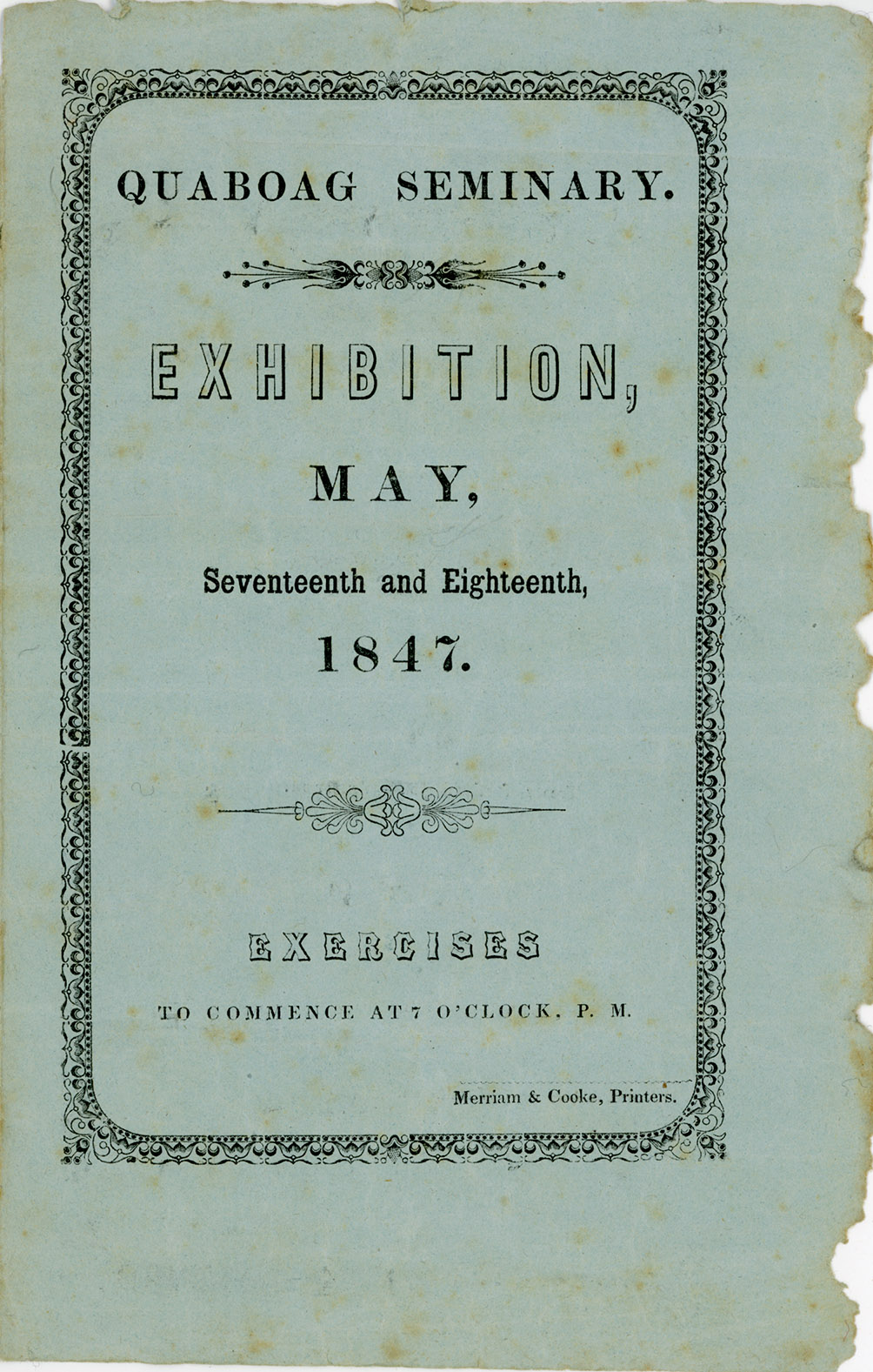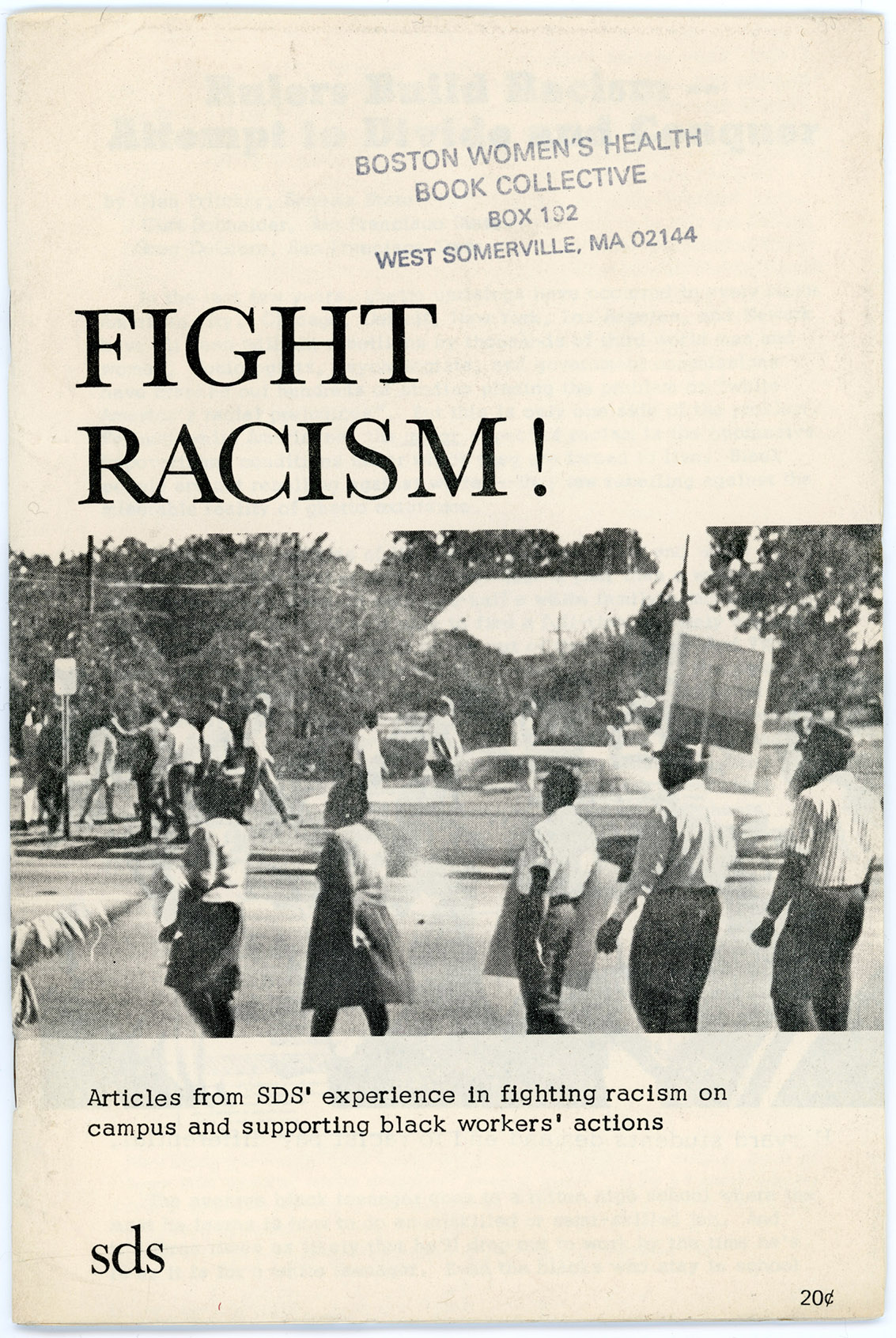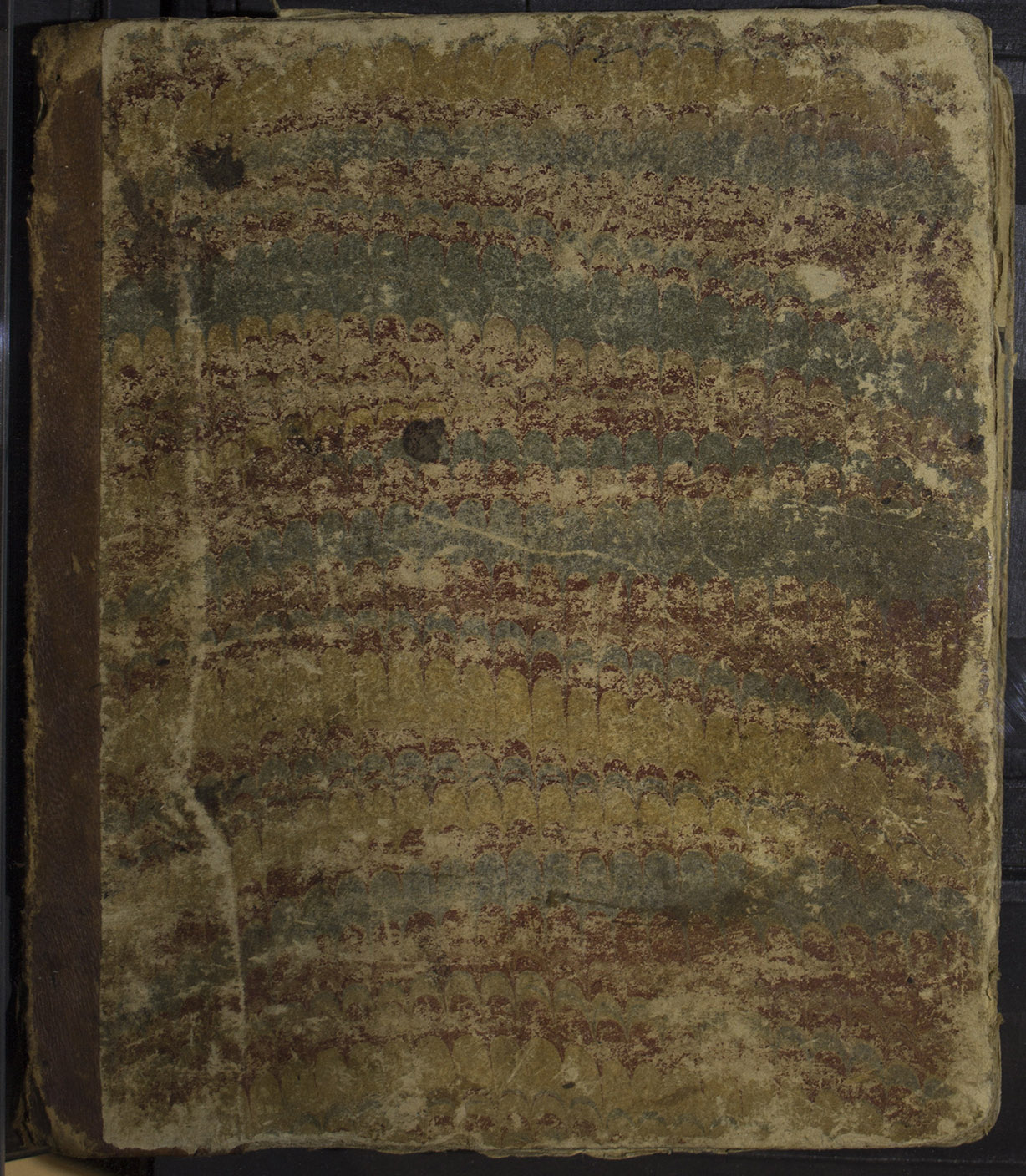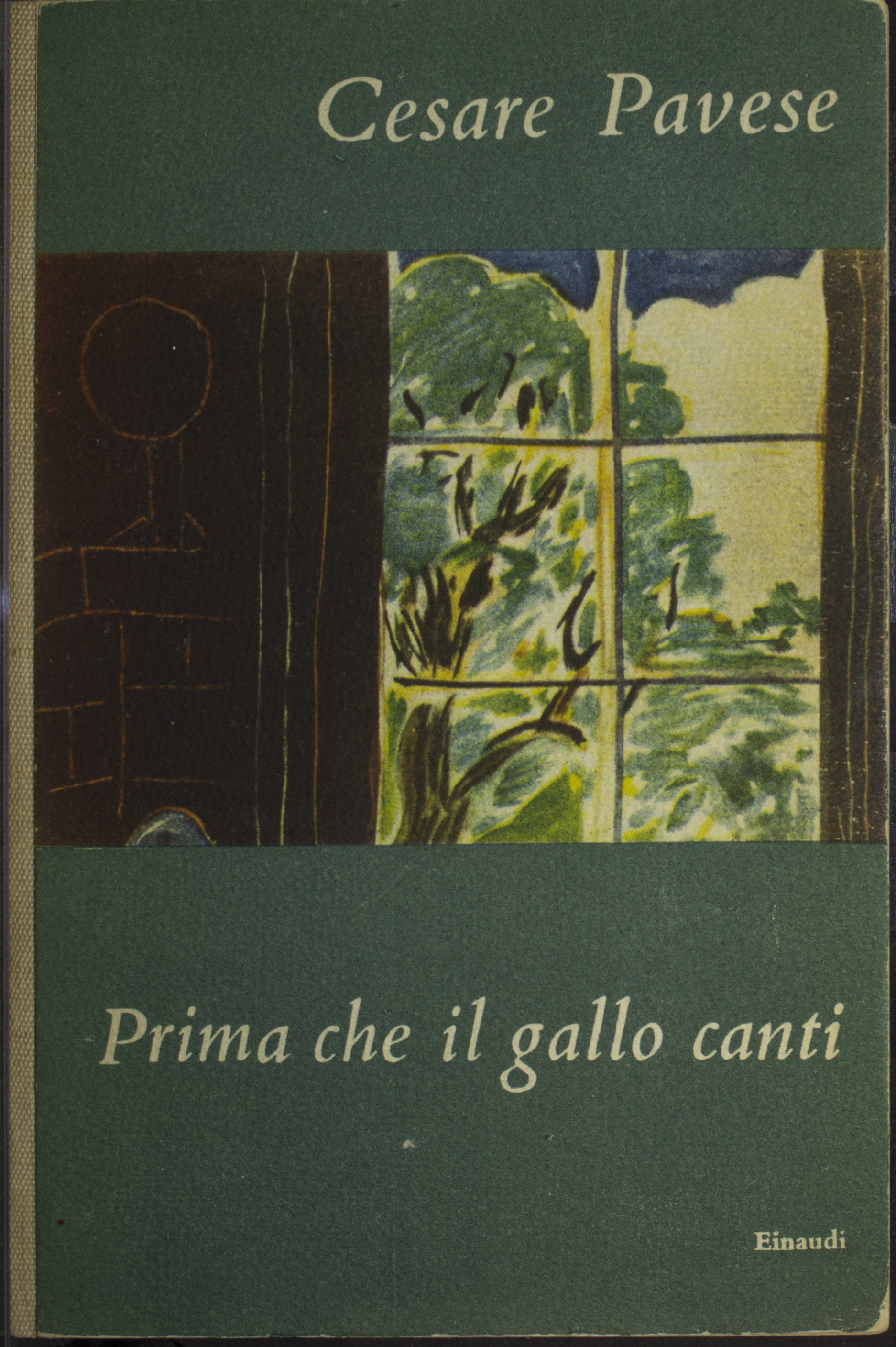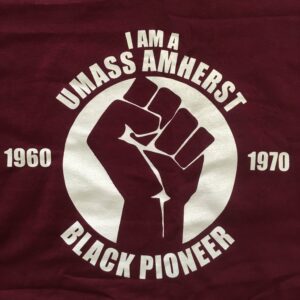Chia-Shun Yih Collection

An important scholar of field of fluid dynamics, Chia-Shun Yih was born in Guizhou Province, China, in 1918. Despite the disruptions of war, he completed his undergraduate work in engineering at National Central University in Nanjing in 1942 and was working in Sichuan Province when he received a governmental scholarship to continue his education in the U.S. in 1945. His theoretical work in nonhomogeneous fluid dynamics that began with his dissertation at the University of Iowa (1948) fueled a long and distinguished career, primarily at the University of Michigan. Yih died of heart failure in 1997.
This small collection features slides taken by Yih, an early member of Science for the People, during two trips to the People’s Republic of China. He and his wife Katherine traveled to PRC as guests of the Chinese Academy of Sciences in June and July 1972, shortly after the Nixon-era detente between the countries, but during the Cultural Revolution, and he returned in 1981.

